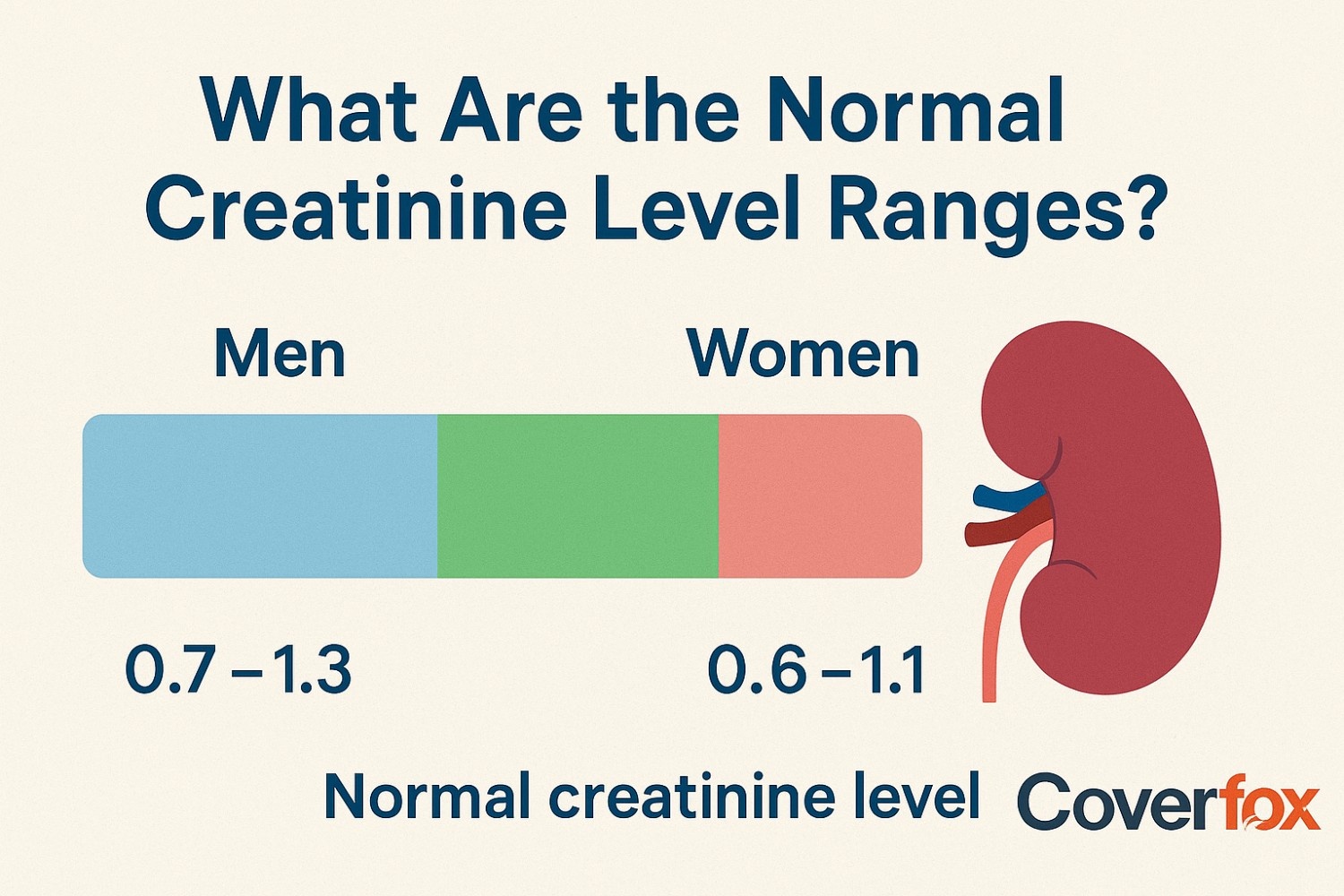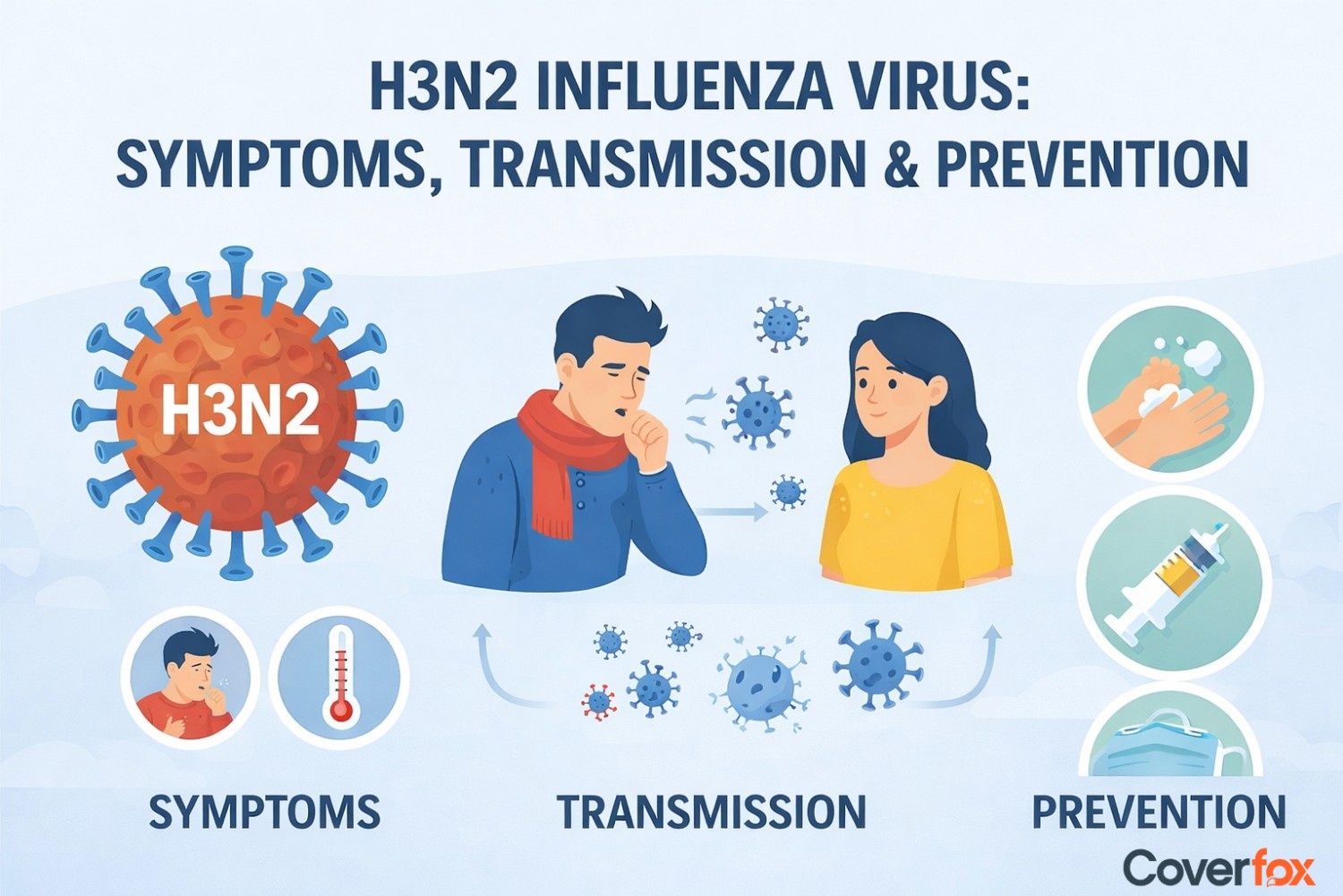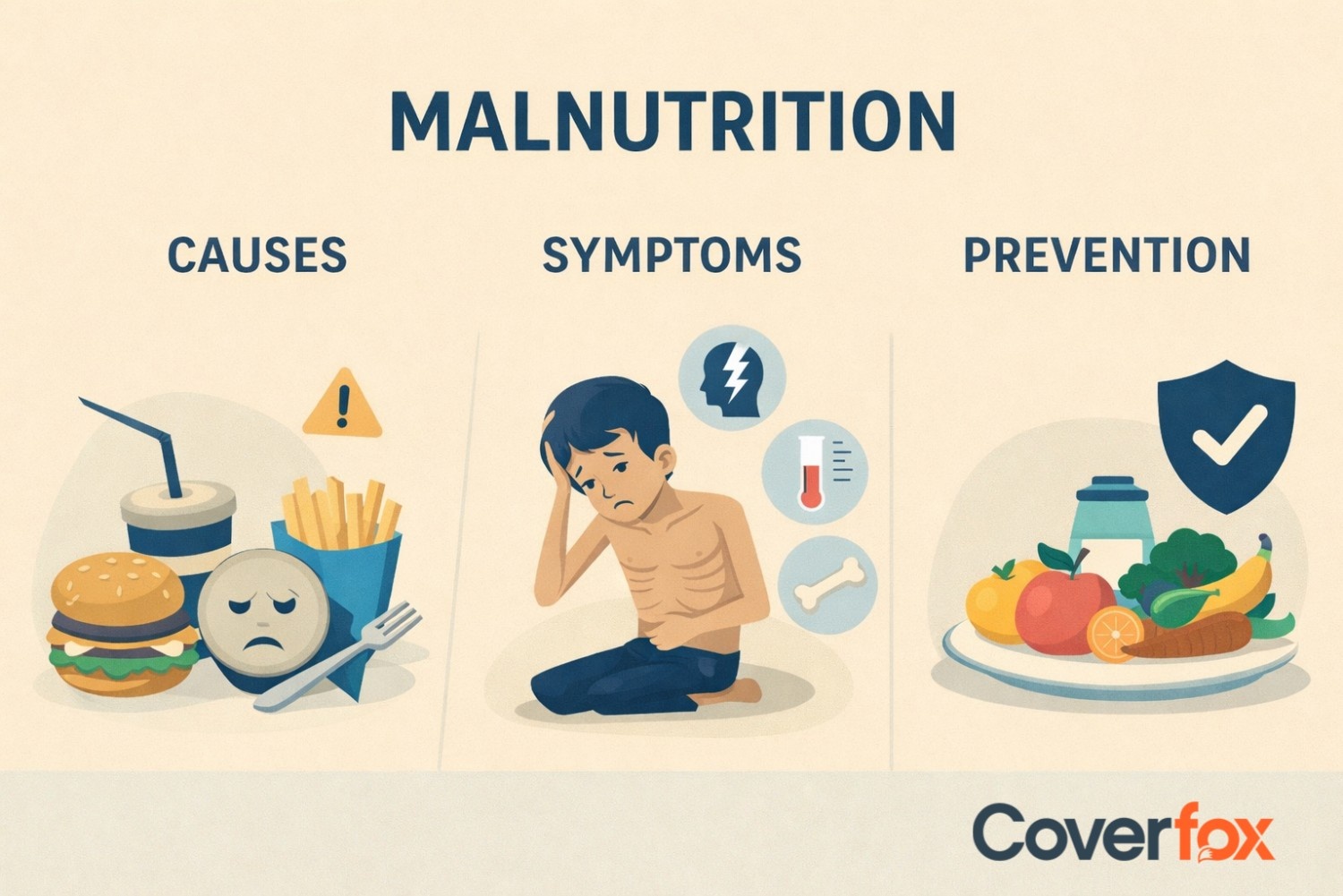Creatine is a compound in the body that helps provide energy to muscles. When this compound is broken down, it releases a waste product called creatinine, which is excreted via the kidneys in the form of urine.

Assessing creatinine levels in the body is crucial to understanding how efficiently the kidneys are performing. But how does one determine the creatinine normal value?
To understand this clearly, the guide below goes further into depth about the creatinine normal range, creatinine testing, signs and symptoms of abnormal creatinine levels, and more.
Importance of Creatinine Level Testing
A doctor recommends creatinine testing if you are experiencing kidney-related issues. This testing can be conducted through two means: through a blood test and a urine test.
Blood Test
Urine Test
The blood creatinine test, also called a serum creatinine test, measures the amount of creatinine in your blood. A small blood sample is taken and sent to the lab for testing. Normal creatinine levels are about 0.7 to 1.3 mg/dL for men and 0.6 to 1.1 mg/dL for women. If your levels fall outside this range, it may be a sign of kidney problems.
For this test, a healthcare provider collects urine, often over 24 hours. The sample is tested in the lab to check creatinine levels. Normal urine creatinine levels are between 955 and 2,935 mg per 24 hours for men and 600 and 1,688 mg per 24 hours for women. Higher than normal levels may need further testing. Combining urine and blood creatinine results helps doctors assess how well your kidneys are working.
What Are the Normal Creatinine Level Ranges?
Creatinine normal values may differ based on age, gender, race, muscle mass, and even overall health. These values may also vary across different laboratories.
- In general, normal creatinine levels in the blood are about 0.7 to 1.3 mg/dL for adult men and 0.6 to 1.1 mg/dL for adult women.
- People who have only one kidney may have creatinine levels around 1.8 or 1.9 mg/dL, which can still be normal for them.
- Children and babies usually have lower creatinine levels than adults because they have less muscle mass.
Creatinine Normal Ranges by Age
To understand in depth the creatinine normal levels by age, have a look at the table below:
| Age Group | Normal Creatinine Clearance (mL/min/BSA) |
|---|---|
| 18 to 29 years | 78 to 161 |
| 30 to 39 years | 72 to 154 |
| 40 to 49 years | 67 to 146 |
| 50 to 59 years | 62 to 139 |
| 60 to 72 years | 56 to 131 |
Factors Influencing Creatinine Levels
There are various factors that can influence the creatinine levels in the body, ultimately impacting test results. These factors include:
- Muscle Mass: People with more muscle usually have higher creatinine levels.
- Diet: Eating a lot of protein, especially meat, can temporarily increase creatinine.
- Medications: Some drugs, such as ACE inhibitors and NSAIDs, can affect creatinine levels.
- Hydration: Being dehydrated concentrates your blood and can raise creatinine.
- Physical Activity: Heavy exercise or muscle strain can cause a short-term rise in creatinine.
Recognising Signs of High and Low Creatinine Levels
Creatinine levels above 1.3 mg/dL are considered abnormally high and could indicate significant kidney-related problems. Low creatinine levels, while not a major problem, still need to be monitored. Have a look at the table below to understand the causes and symptoms of both:
| Creatinine Level | Description | Causes | Symptoms |
|---|---|---|---|
| High Creatinine | Usually means poor kidney function. | Dehydration, high protein intake, infections, drug toxicity, heart diseases, kidney failure, diabetes, high blood pressure, and urinary tract blockage. | It may happen occasionally or indicate kidney damage. |
| Low Creatinine | Creatinine levels are below the normal range. | Muscle dystrophy (weakness, stiffness, discomfort), liver diseases (abdominal pain, jaundice, discoloured stools), malnutrition, severe weight loss, long-term illness, low muscle mass (elderly, infants) | Fatigue, swelling, frequent urination, nausea, loss of appetite, vomiting, and itching. |
Approaches to Prevent Excess Creatinine Levels
There are numerous methods to regulate creatinine levels. These approaches include:
- Exercise regularly but avoid very heavy or intense workouts.
- Drink plenty of water to stay well hydrated.
- Drink herbal teas like green tea or chamomile that may support kidney health.
- Reduce protein intake, especially from red meat.
- Use medications to control creatinine only under a doctor's supervision.
Final Thoughts
In all, ensuring normal creatinine value is key to providing insights into kidney health, as recognising abnormal creatinine levels early can lead to timely diagnosis and treatment of kidney problems. Normal creatinine levels vary by age, gender, muscle mass, and overall health. Both blood and urine tests help assess how well the kidneys are functioning. Maintaining a healthy lifestyle, staying hydrated, and monitoring the serum creatinine normal range regularly can support kidney health and prevent complications.
Additionally, having a health insurance plan ensures financial protection in case of medical emergencies, including kidney-related conditions. Aggregators like Coverfox make it easier to compare multiple health insurance policies in one place, helping you choose a plan that covers diagnostic tests, hospitalisation, and long-term treatments for better kidney care and overall well-being.
Explore More:
Importance of Health Insurance for Kidney Patients?
Growing Health Problems in India
Normal Blood Pressure Range for Different Age Groups
Final Thoughts
Does drinking water help lower creatinine?
Yes, staying hydrated does help in maintaining the serum creatinine normal range.
Can creatinine levels return to normal?
There are ways to bring the creatinine normal value back temporarily. These include reducing protein intake like red meat, staying hydrated, exercising but staying away from heavy workouts, and so on.
At what creatinine level is it considered high?
Creatinine levels above 1.3 mg/dL are considered to be abnormally high.
What foods or habits can help reduce creatinine?
Exercising frequently, consuming herbal teas, adding food items like whole grains, beans, and vegetables to your diet, and avoiding protein-rich foods can help reduce creatinine levels.
Which vegetables are beneficial for maintaining creatinine levels?
A normal creatinine range can be ensured by incorporating healthy food items like cucumber, onion, red bell pepper, garlic, etc., into your diet.





